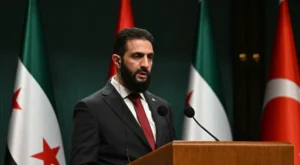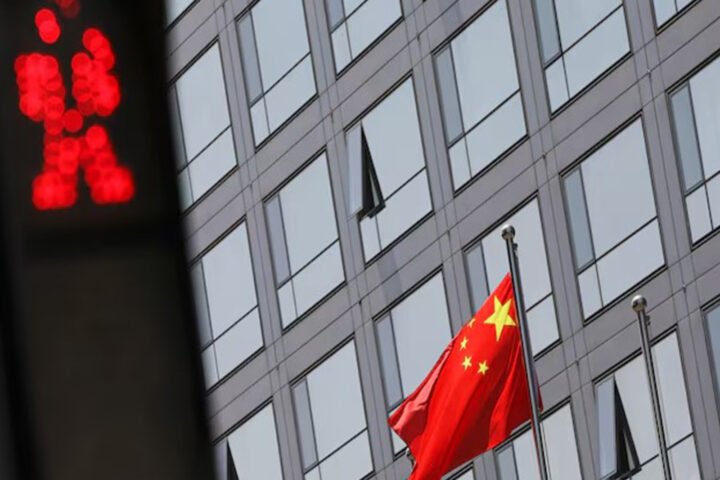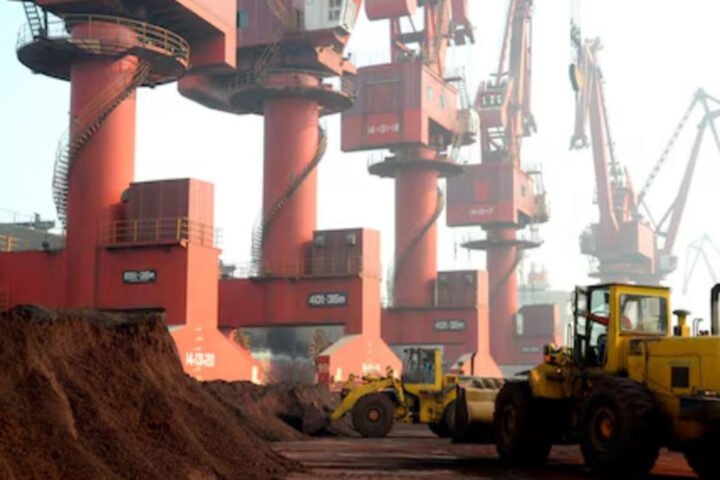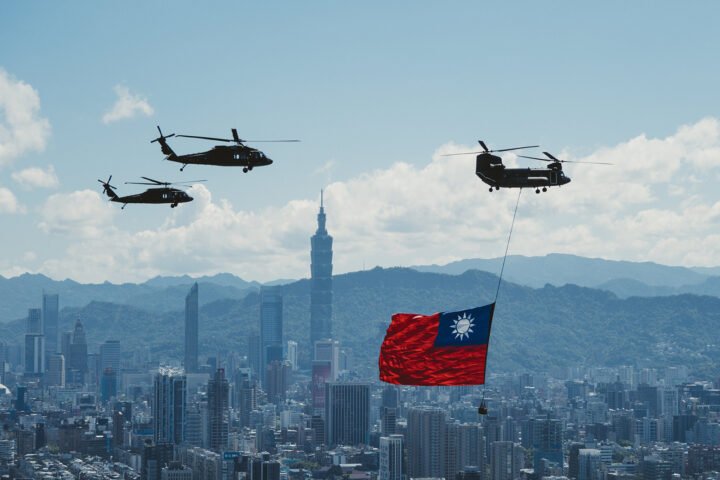A conference held in Hasakeh on August 8, 2025, has called for the establishment of a decentralized, democratic, and pluralistic Syria, emphasizing constitutional reforms and transitional justice amid persistent challenges., reports 24brussels.
The discussions at the conference were characterized by the participation of diverse ethnic and religious leaders, including representatives from Kurdish, Arab, Syriac, Assyrian, Turkmen, Armenian, and Circassian communities. A primary focus was the transition to a governance model that ensures social justice, religious freedom, and comprehensive citizenship rights for all. The participants underscored the need for a political system that equitably includes all Syrians in the national discourse and governance.
At this pivotal gathering, delegates condemned crimes against humanity in various regions such as Sweida, and called for impartial transitional justice processes to hold perpetrators accountable. They highlighted the necessity for comprehensive reparations and a secure environment that assures the safe return of internally displaced persons and refugees.
Key Demands from the Hasakeh Conference
The conference firmly advocated for a decentralized and pluralistic state for Syria, reflecting the nation’s diverse ethnic and cultural landscape. Named the Unity of Position for Northern and Eastern Syria, attendees pushed for amendments to the current Syrian Constitution to safeguard cultural, territorial, and religious diversity.
Citing the role of the Autonomous Administration of Northeast Syria, participants recognized this model as a crucial democratic experiment that could evolve within a broader decentralized framework. The recognition of the Democratic Forces of Syria as integral in forming a new national army to defend the country was also emphasized.
Political strategies discussed included reorganizing administrative divisions according to geographic and cultural realities, and enhancing civic engagement among underrepresented groups such as women and youth. Attendees unanimously denounced sectarianism, aiming to foster respect and coexistence among communities.
🚨INSEGURIDAD Y VIOLENCIA EN SIRIA: CASI 10 MIL MUERTOS DESDE QUE AL-SHARAA TOMÓ EL PODER
📍El Observatorio Sirio de Derechos Humanos estimó que 9.889 personas han muerto en Siria desde la caída del gobierno anterior, mientras el país sigue lidiando con un peligroso vacío… pic.twitter.com/j6qUg31xhI
— Al Mayadeen Español (@almayadeen_es) August 8, 2025
Geopolitical Context: Implications of a Decentralized and Pluralistic Syria
The conference’s calls arise amid Syria’s ongoing civil war, marked by the involvement of multiple foreign actors and humanitarian crises. The nation’s complex ethnic and sectarian fabric has destabilized centralized governance, prompting demands for decentralization to ensure fair representation and lasting peace.
A decentralized and pluralistic system could potentially address deep-seated conflicts, diminish authoritarian control, and facilitate governance that respects Syria’s cultural and religious diversity. It also promises to confront the political exclusion that has ignited tensions and violence for over a decade.
Recognizing the Democratic Forces, who have gained credibility through their fight against extremism and commitment to inclusive governance, could pave the way for new military and political structures—provided there is acceptance of these reforms by the central government.
Global stakeholders, including the UN and neighboring nations, view the evolution of Syria’s governance as essential for achieving sustainable peace and stability. Continued support for transitional justice and human rights advocates remains crucial for reconstructing Syria’s social cohesion and addressing the impact of wartime atrocities.










